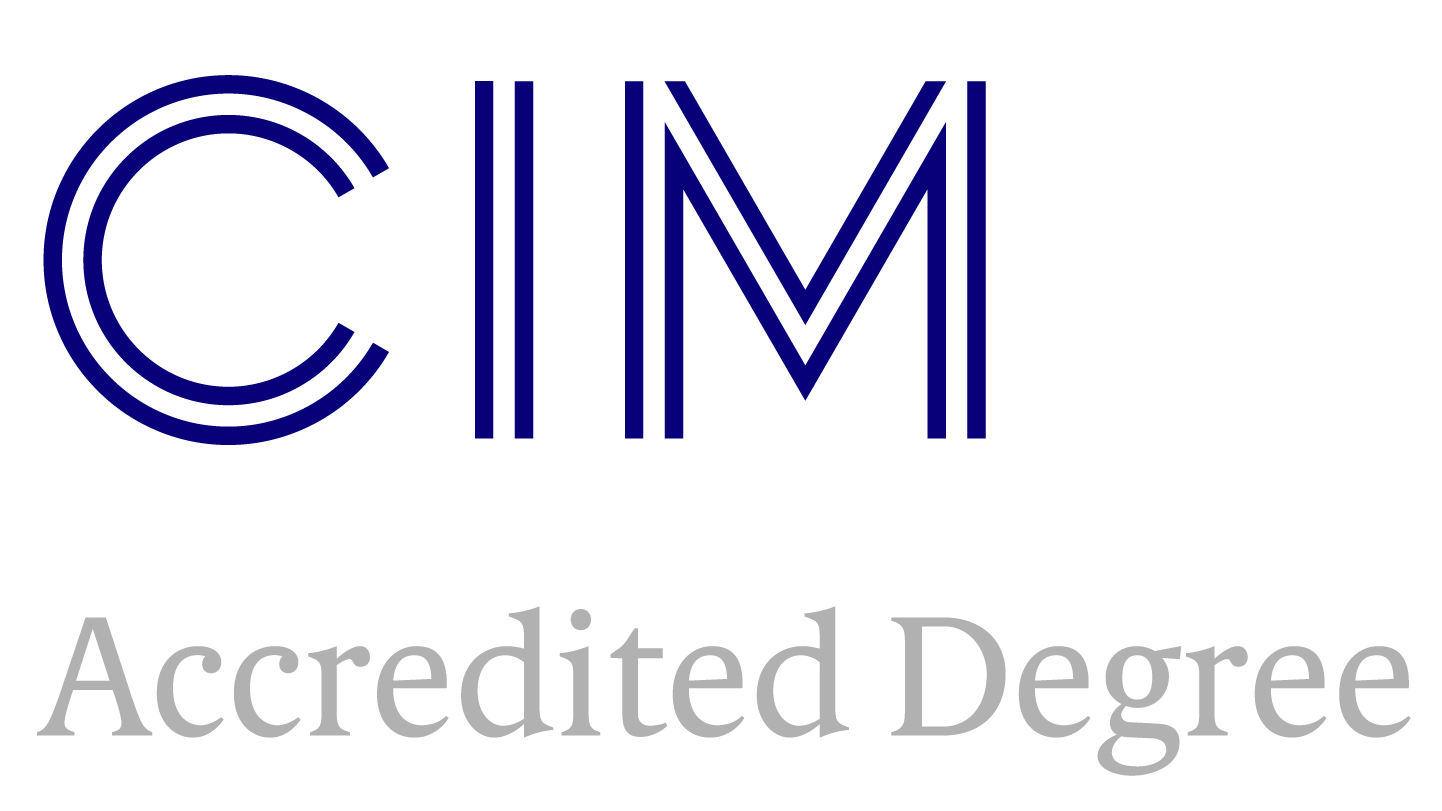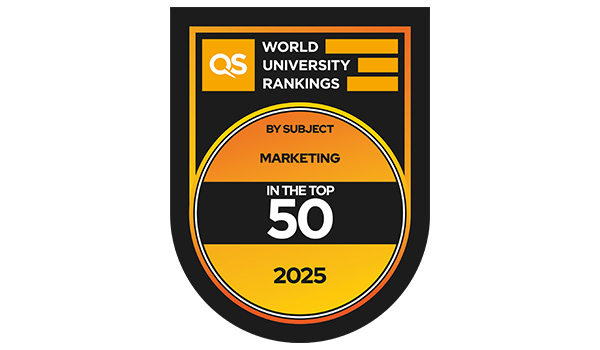Hi, I'm Caitlin. I'm a Digital Content Ambassador for Lancaster University. I'm in Lonsdale College and I'm a fourth-year Marketing Management student. I've just done my placement year at Adobe.
So I'm here to talk about my placement experience. I worked in the marketing sector of Adobe on the Creative Cloud side of the business. I worked 9:00 to 5:00 each day, but sometimes I would stay later depending what work was going on, and because I did a lot of events as well, I sometimes worked weekends, but that was fine because I got them back as days in lieu they had so I got like extra days off. So, on a regular day, I would come in the morning, sit down at my desk, check my emails and check my calendar. We had a lot of different meetings week-to-week, and we would have regular agency meetings, different meetings for different projects, and different events going on, so I'd just check what I had on for the day and then just get going. I found the routine at work and adjustment from Uni, as obviously it's a lot more structured, and you can't choose your own routine, but you get used to it. The waking up early makes you a lot more productive.
So I think that the pros of doing a placement year are - you get to really apply the things that you've learned during your course into a real-world setting, and this really helps solidify your learning, and you really get to put practical experiences to what you've learned. And on the flip side of that, you also get to learn things that you wouldn't have learned in your course, things that you can't learn in a classroom, and you really get from real-life experiences. You meet so many people on your placement year, a whole new diverse group of people and you'll meet connections, and you learn communication skills that you don't learn at university.
I think the only negative experience that I have of doing a placement year is that most of my friends didn't do one, so they graduated while I was doing my placement year, and that is the only negative I could think of. It was a slightly sad thing for me, but I came up a lot and visited them. I got to spend time with them anyway so I didn't miss out on too much, and it was definitely worth me getting the experience of doing a placement year. It was not enough to stop me from doing it overall.
So Lancaster gives you so much support when you're applying for a placement. There are often modules within your course that help you with your CV and employability skills. There are careers appointments where you get to talk about your CV and your cover letters. They just give you guidance from start to finish. So while I was on my placement year I paid tuition to the Uni still. It was a lesser fee of about £1,600 compared to the £9,000 that you'd pay if you're still at uni, and this is to cover help and support that you get from the Uni throughout the year as well. I did have to submit coursework, so it would be for grading that as well, and you get visits from University staff to see you and check up on you, and just full support throughout the year, so that's what the fee is for. But you still get Student Finance help on that, and you also get the option for a maintenance loan if you want to take it.
So I found the job on either Rate My Placement or LinkedIn. I don't remember which one I found it on now, but they had it on both, and I was originally looking on - the Management School send out emails with lots of placements on, and Target Careers has lots of placements on. So I was looking on those and Rate My Placement and I found this Adobe and I wanted apply for it. So I had a look through the process and they had it on Workday, so I had to fill out all my details which included basically writing my CV again and submit my CV as well as a cover letter and then from that I waited about three weeks I think or a month and then they called me and they were like - oh are you available to come in for an assessment centre? and I was like - Yes, yes, I definitely am!
My biggest tips would probably be to keep a spreadsheet of the ones you're applying to and what stage you're at in the applications because they can all be different. People have different amounts of phone interviews and assessment centres, so that is number one tip - organisation. Tip number two is take advantage of all the things that careers offer so in LUMS especially we had a lot of practice assessment centres, practice interviews, you could get careers meetings every week so just take advantage of all of those, get your CV checked. Speak to them about the ones you're applying to and they can help you tailor your CV and your cover letters. Be yourself all the time. At interviews, at assessment centres, the companies want to get to know you as much as they want you to get to know them. So if you're yourself, they'll see if you're a good fit for their team, and it's not just about like how smart you are, how good your grades are, it's really like if you'll get on in the company.
My top thing I learned from my placement year would be to take every opportunity that you get given. I volunteered while I was there I joined the networks that Adobe had, like Adobe Proud and Adobe Women's Networks and through those, I ended up walking in London Pride which was a really cool experience and something I wouldn't have had access to otherwise and as well as just by networking at an event that I went to I managed to bring in a partner to Adobe and managed to host a really cool workshop series with them, and that's one of the best things I did on my placement and I did all of those just from taking opportunities that I was offered.
Hands down, I would say to anyone that it is definitely worth doing a placement year. It just provides you with so many opportunities, and coming out applying to grad jobs by having this extra year of work within your degree just stands you out from a crowd, it gives you things to talk about in interviews, and it just gives you that year of previous experience that employers are looking for.








.png)





